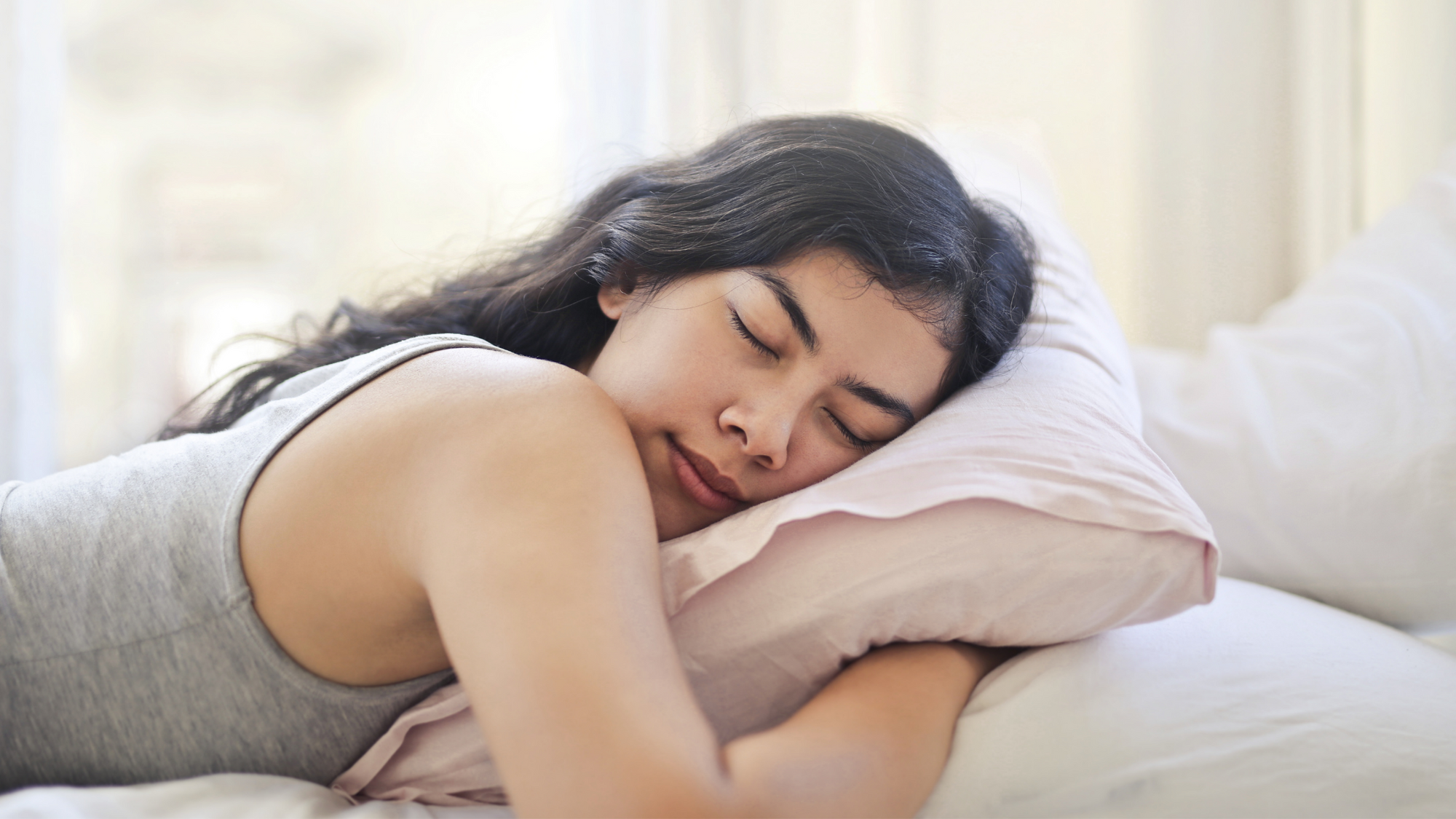
• 02/21/22
We’ve all heard the recommendation of getting a solid eight hours of sleep each night, but many of us regularly fall short of that goal. What you may not realize is just how important sleep is for your overall wellness, and not getting enough can have serious negative effects on your system.
Whether you’re eighteen years old or eighty-eight years young, getting quality sleep should be at the top of your priority list….and here’s why.

How much sleep should I get each night?
The short answer is…it depends. According to the CDC, the right amount of sleep for you depends on your age. While newborns require anywhere from 12 – 16 hours of sleep in a 24-hour period, adults age 18 – 60 can get by with a minimum of 7 hours each night.Unfortunately, more than one third of Americans report not getting enough sleep on a regular basis, a sobering statistic that means millions are at risk of suffering negative effects from sleep deprivation.
How do I know if my sleep is “quality sleep”?
The fact that you’re lying in bed for 7 – 8 hours each night doesn’t mean you’re getting restful, quality sleep. Signs that your sleep is sub-par include:
- Feeling tired even after sleeping for 7 hours or more
- Waking frequently during the night
- Waking yourself up snoring or gasping for air

What happens if I don’t get enough sleep?
People are often surprised to learn of the connection between chronic, poor sleep and a bevy of health conditions, including:- Type 2 diabetes
- Cardiovascular disease
- Obesity
- Depression
What can I do to get better sleep?
- Be consistent with bedtime – having a consistent bedtime routine can help train your body to begin to relax and prepare for rest. Try to go to bed and wake up at the same time every day, even on holidays and weekends.
- Turn your bedroom into a relaxation sanctuary – As bedtime rolls around turn down the lights in your bedroom. Mist your linens with our Relax Aromatherapy Mist. Keep the room cool—the ideal temperature for sleeping, according to the National Sleep Foundation, is 65°F.

- Ban electronics from the bedroom – This may be the tip people have the hardest time with, but experts agree—using electronics at night can disrupt your sleep cycle and reduce the quality of your sleep.
Try removing all electronics from the bedroom (yes, this includes televisions, laptops, and even your…gasp…cell phone).
If you continue to struggle to get good sleep, talk to your doctor about your options.
Getting your 40 winks is more important than you think. Think of good rest as the ultimate self-care—getting enough will allow you to be truly present throughout each day…and it just might extend your life.

###
References
CDC – Are you getting enough sleep
CDC – Sleep and sleep disorders
CDC – Sleep data and statistics


Comments
0 Comments
Leave a Comment